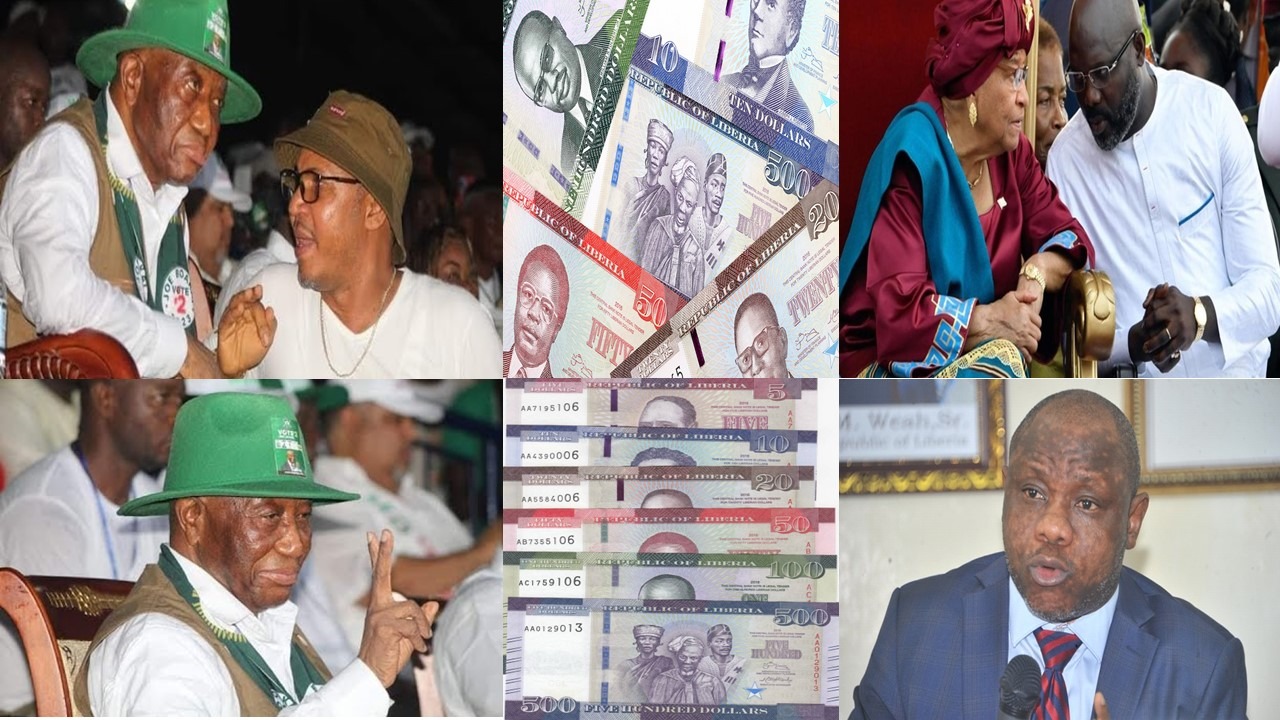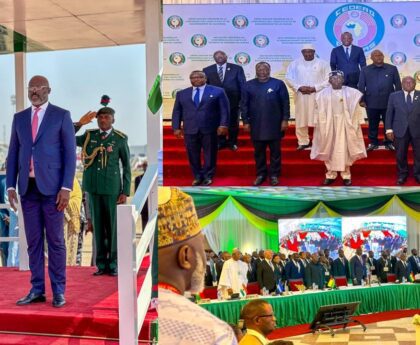As Liberia prepares for the transition of power from President George Weah to President-elect Amb. Joseph N. Boakai, a resounding cry emerges from the citizens urging the incoming government to conduct a thorough audit of the previous administration. While some elements within the political landscape may attempt to frame this call for accountability as witch-hunting, it is essential to recognize that auditing is a standard practice in the responsible governance of any nation. In this context, Liberians are expressing their expectations for transparency and accountability in the transition process.
A Matter of Duty, Not Blame:
Liberians are adamant that auditing the government is not about assigning blame or engaging in a political witch-hunt. Rather, it is a fundamental responsibility of any new administration to scrutinize the financial records and activities of its predecessor. The argument that President-elect Amb. Joseph N. Boakai should bear the weight of President Weah’s failure to audit the Ellen Johnson Sirleaf government is deemed as flawed and unfounded by the citizens.
It is emphasized that Amb. Joseph N. Boakai cannot be held accountable for the shortcomings of the previous government, especially considering that the current president, George Weah, had the opportunity and obligation to audit the Ellen Johnson Sirleaf administration but failed to do so. Liberians assert that it is solely on President Weah, not Amb. Joseph N. Boakai, to answer for this deliberate oversight.
The Role of the CDC Government:
Criticism is directed at the CDC (Congress for Democratic Change) government for neglecting its responsibility to audit the government it succeeded. The refusal to conduct a comprehensive audit during its term has left unanswered questions about financial accountability and resource management. While some may argue that starting the audit from 2006 is an attempt to divert attention, citizens view it as a necessary step to ensure a thorough examination of the government’s financial history.
President-elect Boakai’s Mandate:
Liberians are quick to point out that Amb. Joseph N. Boakai’s obligation lies in auditing the government he is directly taking over, which is the CDC government, not Ellen Johnson Sirleaf’s administration. The citizens stress that the audit should only extend beyond the CDC government if any irregularities or links to past administrations are uncovered during the process.
Rejecting Fear Tactics:
The fear tactics employed by some within the CDC government, demanding to start the audit from 2006, are dismissed by the citizens as a diversionary tactic. Liberians are resolute in their call for accountability, asserting that President-elect Boakai must not allow himself to be used as a shield for the mistakes of others. They argue that Boakai owes it to the citizens to fulfill his campaign promise of accountability through a thorough audit of the Weah government.
A Path to Recovery:
Beyond holding officials accountable, citizens believe that auditing the outgoing government will help in the recovery of stolen funds and resources. By exposing corruption and financial mismanagement, the incoming Boakai government can lay the groundwork for a more transparent and responsible administration.
Conclusion:
The call for an audit in Liberia is not an act of political vengeance but rather a demand for accountability and transparency in governance. President-elect Amb. Joseph N. Boakai is urged to fulfill his promise to the citizens and initiate a comprehensive audit of the George Weah-led government. This process is seen as a vital step toward rebuilding public trust, recovering stolen assets, and fostering a culture of responsible governance in Liberia.




